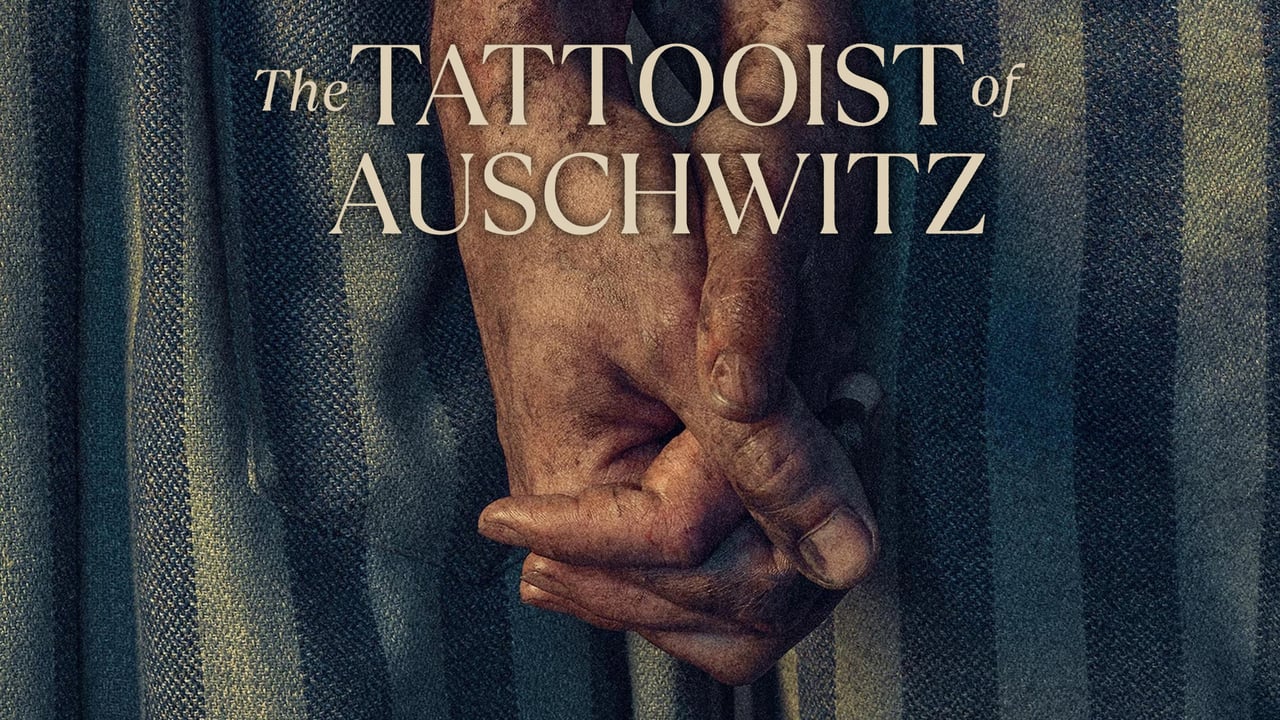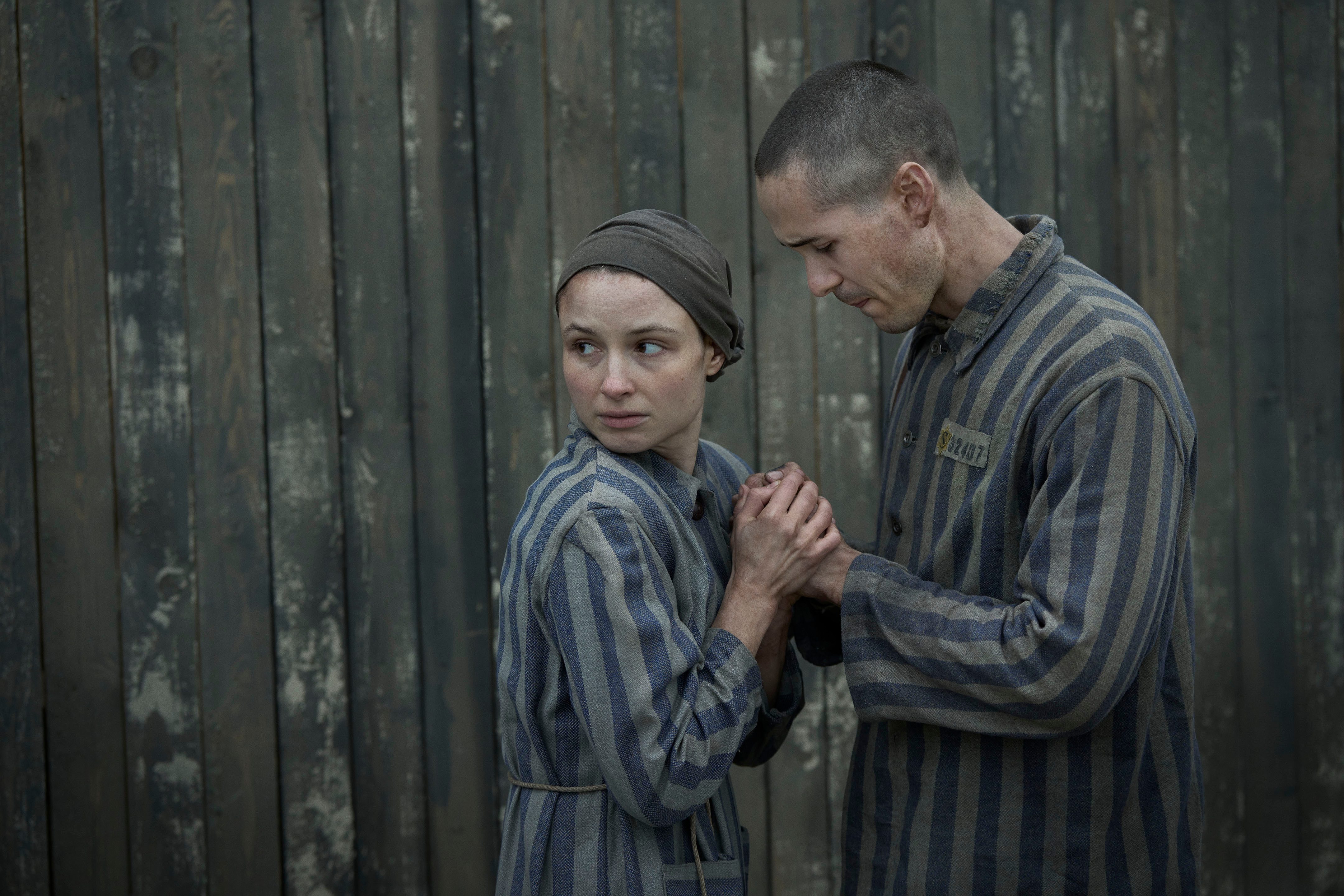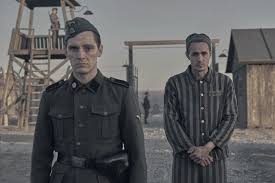A Dark Tourism Perspective on The Tattooist of Auschwitz

Those who have read The Tattooist of Auschwitz by Heather Morris may already be aware that Sky Studios and All3Media recently turned the book into a six-part TV series. Although this blog post will cover a number of scenes related to the story of Lali and Gita Sokolov, I also want to express my thoughts on the TV show from the perspective of dark tourism since I believe it does a great job of portraying what life was like for those who were imprisoned in Auschwitz.

Anna Próchniak as Gita and Jonah Hauer-King as Lali Sokolov
Potentially one of the most powerful stories of Holocaust survivors is that of Lali and Gita. After reading the book, I was moved, like many others, to travel to Auschwitz in Poland to learn more about the lives of those who had suffered some of the most inhumane actions of humans in history. The experience of visiting Auschwitz was eerie and eye-opening; it was overwhelming to be in a place where so many people were starved, tortured, and killed. The place also has an eerie silence; I remember thinking when I left that I had not heard a bird the entire time I was there.
Even though Lali is the main character in the book and the TV show, in my opinion, the TV show did a great job of differentiating itself from the book in a number of ways. Most importantly, it honored many other people and conveyed Lali's struggles in telling his story. Additionally, it demonstrates Heather’s empathy for Lali—not just as a writer, but also as a person—by expressing her fear that Lali's story would not be written with the feelings and emotions he experienced during his time at Auschwitz.

Jonas Navy as Stefan Baretzki and Jonah Hauer-King as Lali Sokolov
One aspect of Lali and Gita's story is how they survived Auschwitz; the other is about their lives after Auschwitz. I thought the production team of the show did a great job of portraying how difficult it was for Lali and Gita to make a decision when SS officer Stefan Baretzki asked for a testimonial of support near the end of the series. Although Gita blankly refuses to offer her assistance, the series shows how Lali contemplates doing so since he feels that he and Gita may not have survived Auschwitz if it wasn’t for him. Lali does, however, write a letter about the crimes he witnessed by Baretzki.
The ability to immerse yourself in the stories of others is an important aspect of the meaning of dark tourism, whether this is the wrongdoer or the victim. Auschwitz is one of the most well-known places in the world for visitors to learn about the Holocaust. The TV series demonstrates this by showing how the SS officers raised guns to multiple individuals without a thought given. This, in my opinion, was shown because it demonstrates how there was no thought or emotion given by those who killed so many people.
While I most definitely do not condone the actions of the SS offices of Auschwitz, there are a few situations within the TV series where you see the SS offices follow through with actions, so they don’t get punished themselves. When Gita becomes ill in the series, Lali asks Baretski if he can find out if Gita is okay in front of the guards. Baretski in response throws a chair at Lali. It’s most definitely possible that Bareski does this because he couldn’t be seen not to punish Lali in front of his fellow guards.

Melanie Lynskey as Heather Morris
Even though I am aware that this is a television show and that some scenes have been dramatized, I believe the producers have done a fantastic job of immersing the audience into the emotions of those of Auschwitz and the sheer weight that Heather must have felt when writing the story of Lali and Gita.
